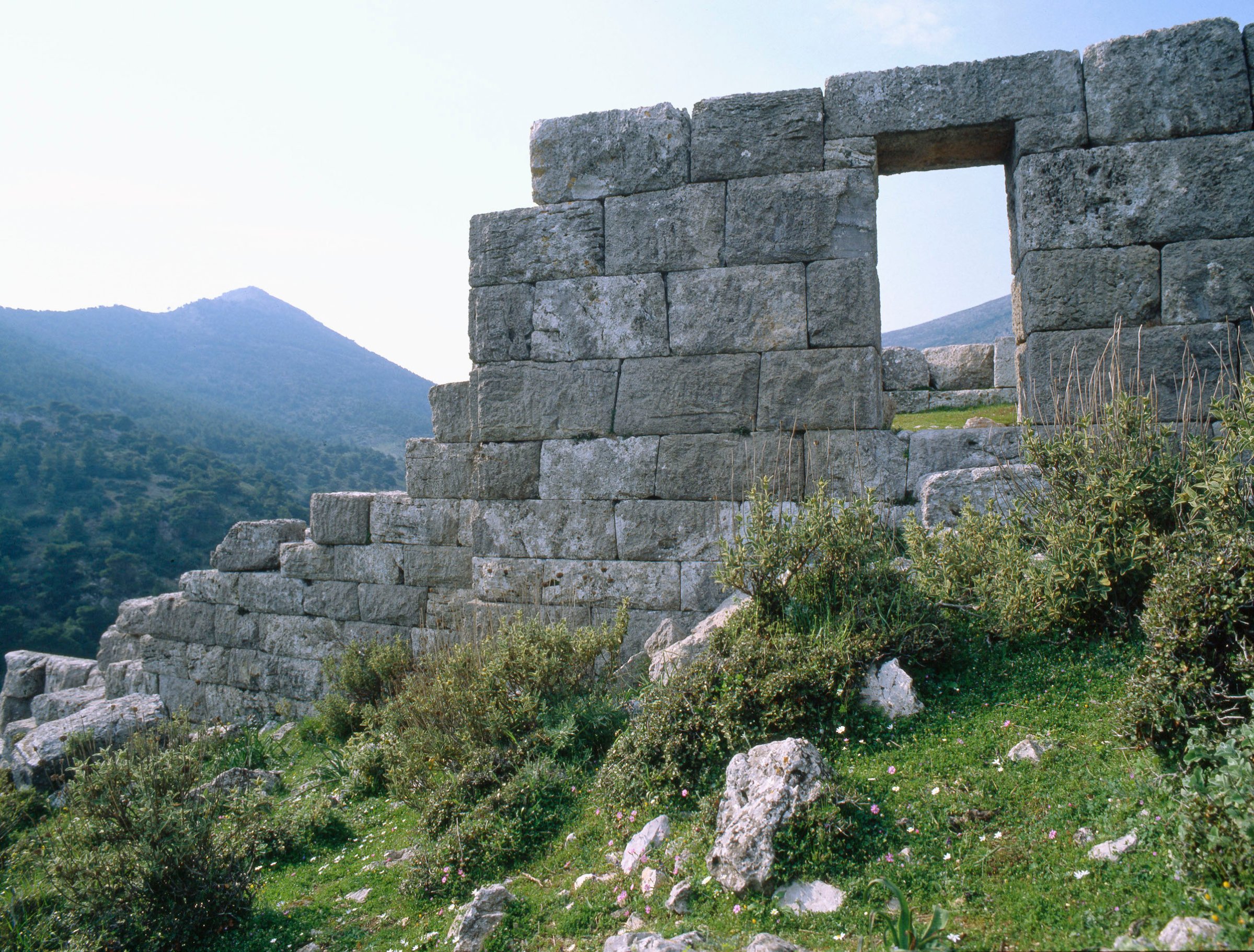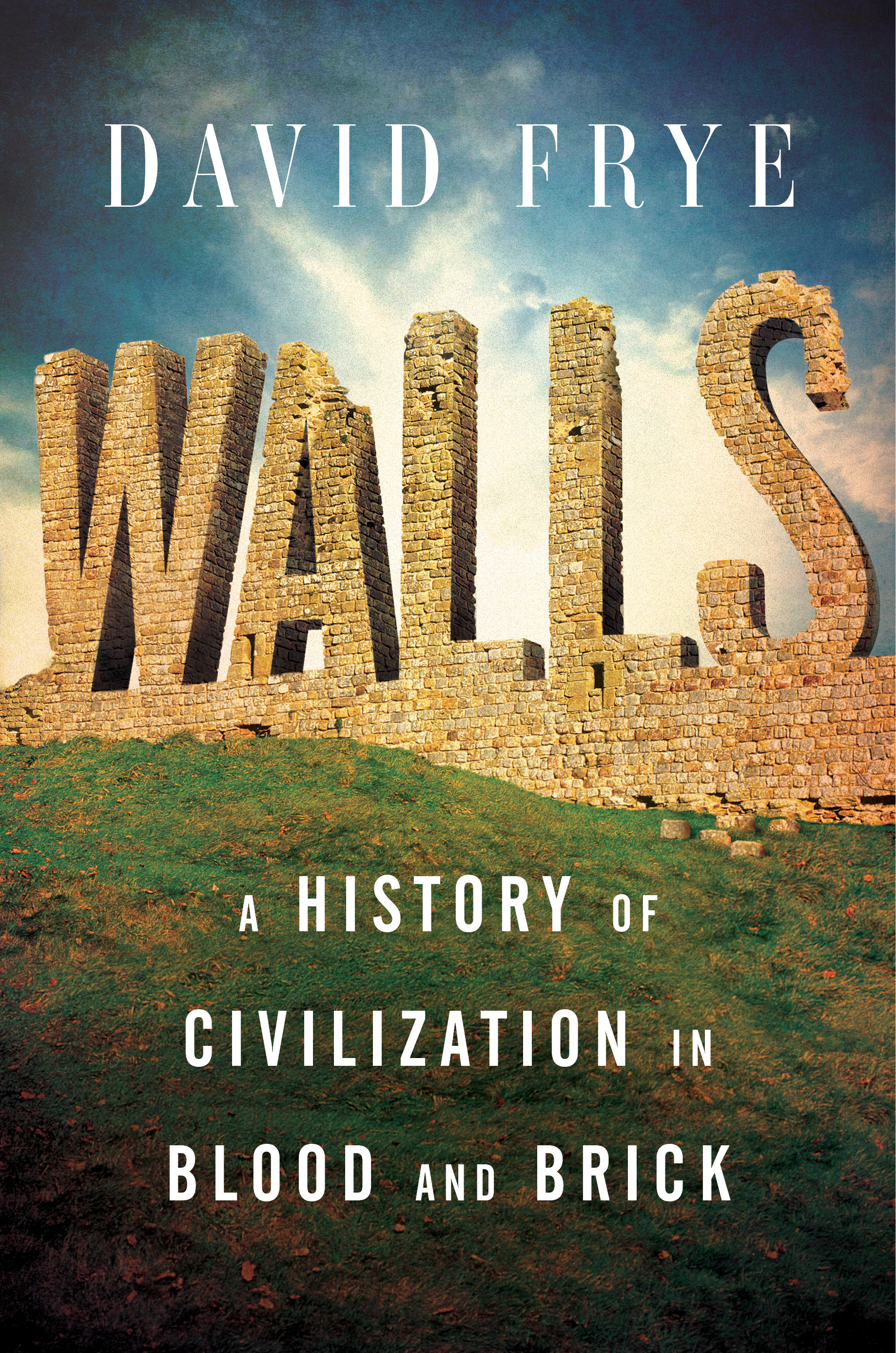
It’s August, which means another Purge movie is out. They tend to pop up every July, like weeds in a midsummer garden, sprouting and dropping seeds for another sequel before they die. The franchise chronicles a dystopian plan to reduce violence by allowing everyone to participate in an annual festival of crime. But though the latest addition to the series is called The First Purge, real-life governments have been scheming to reduce violence for centuries.
In the Middle Ages, Catholic priests promoted a plan to prohibit violence on Sundays, which was at least a good start. Eventually, they extended the prohibition to Thursdays, Fridays and Saturdays, so that the resulting window for mayhem opened only from Monday mornings to Wednesday evenings — short enough that it’s only a matter of time until someone notices and writes a screenplay for Purge 5: The Medieval Years.
Earlier attempts to curtail violence generally had less to do with when violence happened and more with where. Walls were considered the key to peace. Four thousand years ago, the Mesopotamian king Shulgi, builder of the first known border wall, wrote that his fortifications would finally allow the people to rest in peaceful dwelling places. By then, it was already an old idea. Ancient and even prehistoric peoples had sought to establish safe zones by building city walls since at least the tenth millennium BC.
Those early walls didn’t reduce violence simply by deterring invasion. The security afforded by walls changed the inhabitants of the ancient cities. They became accustomed to peace. Sleeping easily at night, without fear of ambush, they reduced their training for war. Many cities banned the carrying of weapons inside walls. Fewer and fewer men became soldiers.
The first walls made possible a revolution in human society. We might call it the Civilian Revolution — that moment in each community when the majority of males chose to devote their lives to things other than warfare. Having become civilians, they took up the kind of tasks that civilians take up. They became farmers, bricklayers, weavers, merchants and scribes. In time, as their cultures expanded and diversified, they became authors, architects, artists and actors. They could specialize because they had achieved security — not by constantly preparing for war but by doing work: stacking bricks or tamping earth until they had created structures that freed them from fear of invasion.
The Greek historian Thucydides, reflecting on this revolution, divided Greek cities into two categories: those where the men carried weapons at all times and those where the men had set aside their arms. He credited Athens, a walled city, with having first abandoned the practice of going about armed, but he wasn’t sure how he felt about it. He wondered if the Athenians hadn’t become a bit soft.
The Athenians, like all wall builders, had gradually learned a lesson daily driven home in the modern world: that the more we rely on a technology to handle a task, the less capable we become at handling that task ourselves. Every year, the inhabitants of the walled cities — and later the walled kingdoms — became poorer at the art of violence. They attempted to make up for their military deficiencies with more technology (cladding their troops in heavy armor, improving their weapons) or by training their soldiers to do battle in close order so that the proximity of their mates fortified their spirits. Mostly, they hired soldiers from the ranks of the roughneck hillbillies, shepherds and nomads who lived outside the walls.
But what was the alternative to the walled city? “Born in a tent, die in battle,” the outsiders would say. Beyond the walls, the general level of insecurity produced an altogether different sort of society. From birth on, boys were deliberately acclimatized to violence. They were forced to fight and endure painful rites of manhood. They were taught that their only value came from their ability to defend the clan or tribe. By the time they had grown old enough to go to war, they thought of little else. Their languages didn’t even have a word for “soldier.” In their world, the word for “man” sufficed.
Incredibly, the inhabitants of the walled cities generally admired the barbarians outside. They viewed them as representatives of all the manly virtues lost during the Civilian Revolution. From time to time, a community might attempt to turn back the clock and regain its lost vigor. Most famously, the ancient Spartans refused to fortify their community, scorning the male inhabitants of fortified towns as effeminate. The Spartans expelled all civilian occupations from their city, an act which left them shorn of all art and luxury, but they preferred it that way. They reckoned that living like barbarians would toughen them and that their city would be better off defended by “walls of men.”
Two thousand years later, the walls of brick and stone are mostly gone, victims of military obsolescence, but a thousand other walls have taken their place. High-tech fences mark borders. Micro-walls encircle private neighborhoods and homes. A wall of encryption guards the Internet. Without it, all the commerce, all the electronic exchange of ideas and information vanishes. The Internet would be as desolate as old Sparta. The effects of the Civilian Revolution linger, too. To this day, most of us find identity in the jobs we perform rather than our skill in battle. We enjoy our luxuries, but like Thucydides, we have our doubts, clinging to the ancient fantasy that primitive peoples are inherently more virtuous than we descendants of the wall builders. We abhor war. And we sit through sequel after sequel of The Purge, quietly relishing the violence that walls long ago expelled from our world.

David Frye is the author of Walls: A History of Civilization in Blood and Brick, available now.
More Must-Reads from TIME
- Cybersecurity Experts Are Sounding the Alarm on DOGE
- Meet the 2025 Women of the Year
- The Harsh Truth About Disability Inclusion
- Why Do More Young Adults Have Cancer?
- Colman Domingo Leads With Radical Love
- How to Get Better at Doing Things Alone
- Michelle Zauner Stares Down the Darkness
Contact us at letters@time.com